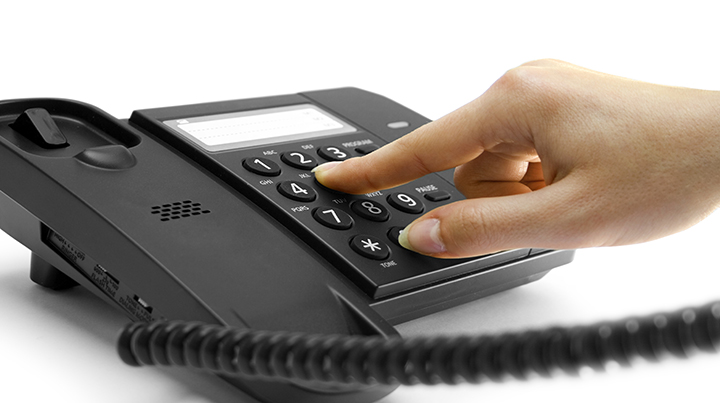In a succinct, emphatic opinion issued on January 19, the Ninth Circuit quietly rejected one of the last remaining arguments made by plaintiffs attempting to neutralize the Supreme Court’s decisive Facebook opinion interpreting the Telephone Consumer Protection Act (TCPA). The Ninth Circuit affirmed a district court’s grant of summary judgment to the defendant and held that a system that stores a pre-produced list of numbers does not qualify as an automatic telephone dialing system (ATDS) under the statute.
Background
In the much-anticipated Facebook v. Duguid case on April 1, 2021, the Supreme Court issued a unanimous decision, holding that the TCPA must be read as it is written, namely, that an ATDS must have capacity to store or produce a telephone number using a random or sequential number generator. The Court’s bottom line was plain: No random or sequential number generator, no ATDS.
In the months following the opinion, TCPA plaintiffs’ counsel latched onto footnote seven in an attempt to save TCPA claims, especially against defendants who employ predictive dialers. Footnote seven reads:
Duguid argues that such a device would necessarily “produce” numbers using the same generator technology, meaning “store or” in § 227(a)(1)(A) is superfluous. “It is no superfluity,” however, for Congress to include both functions in the autodialer definition so as to clarify the domain of prohibited devices. For instance, an autodialer might use a random number generator to determine the order in which to pick phone numbers from a preproduced list. It would then store those numbers to be dialed at a later time. In any event, even if the storing and producing functions often merge, Congress may have “employed a belt and suspenders approach” in writing the statute.
Courts, however, have not looked favorably on this argument, with many rejecting the footnote seven argument. Many have held their breath, however, waiting to see how the Ninth Circuit would address it.
The Ninth Circuit’s Decision
Appellant Richard Meier appealed the Southern District of California’s grant of appellee Allied Interstate LLC’s motion for summary judgment on Meier’s TCPA claim. Echoing footnote seven of Duguid, Meier alleged that Allied Interstate’s click-to-dial, HCI system — the LiveVox Platform — was an ATDS under the TCPA because the system stores telephone numbers using a sequential number generator and produces them to be dialed in the same order they were provided.
The Ninth Circuit rejected Meier’s argument. “Under Meier’s interpretation, virtually any system that stores a pre-produced list of telephone numbers would qualify as an ATDS (if it could also autodial the stored numbers …).” The court further noted that footnote seven was “not central” to the interpretation of the TCPA and that it was not required to adopt the “expansive interpretation” proffered by Meier.
The court also found that the LiveVox system was not an ATDS because it does not have the capacity to automatically dial telephone numbers and, though Meier highlighted the system’s ability to switch from “dialer” functions to click-to-dial functions, the court nevertheless concluded that the system was not an ATDS. “The fact that LiveVox offers multiple dialers to its customers does not bring every call that LiveVox makes within the scope of the TCPA.”
The opinion packs a serious punch to eliminate footnote seven arguments in the Ninth Circuit and beyond.
